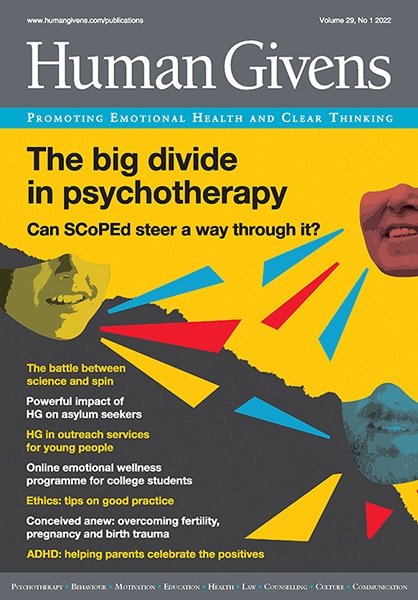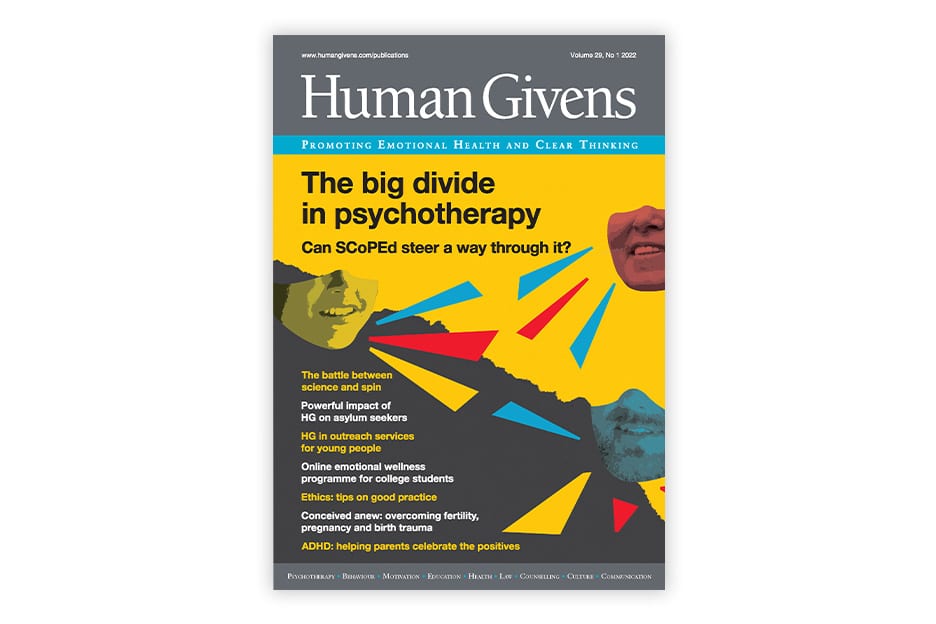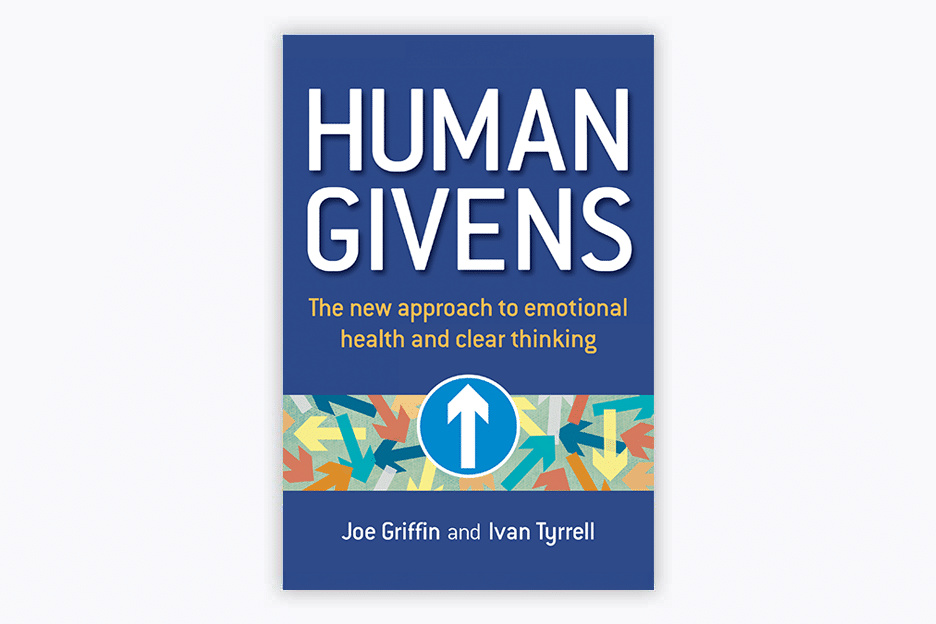Self-compassion enhances sleep
Over two-thirds of university students fail to get sufficient quality sleep, according to self-reports, with knock-on negative effects on cognitive functioning and mental health.
Many factors increase the risk of high stress and self-blame for poor academic performance, leading to anxiety, depression and poor sleep quality, various studies have shown. So researchers decided to test out whether self-compassion, defined as a way of relating to oneself with kindness and understanding in difficult times, improves sleep quality.
Nearly 200 students at the University of Manitoba completed a number of questionnaires, including a self-compassion scale, which measured, self-kindness, self-judgement, common humanity, isolation, mindfulness and over-identification; a sleep-quality scale, which measured subjective sleep quality, time taken to fall asleep, sleep duration and so forth; proactive attitude to health; and use of cognitive emotional regulation (both negative and positive strategies such as self-blame, acceptance, rumination, positive refocusing, catastrophising, positive reappraisal, etc).
The researchers found that those with higher self-compassion had better sleep quality, particularly through its association with less self-blame. Those who were less self-blaming were also less likely to resort to other unhelpful cognitive strategies when under stress.
Source
Semenchuk, B N, Onchulenko, S and Strachan, S M (2021). Self-compassion and sleep quality: examining the mediating role of taking a proactive health focus and cognitive emotional regulation strategies. Journal of Health Psychology, doi: 10.1177/13591053211047148)
 This article first appeared in the Human Givens Journal Vol 29, No. 1, 2022. Each issue of the Journal is jam-packed with thought-provoking articles, interviews, case histories, news, research findings, book reviews and more. In order to maintain its editorial independence, the journal doesn’t take advertising – which means it depends on new readers and subscribers. If you enjoy the articles on our websites, why not take out a subscription or buy a back issue today…
This article first appeared in the Human Givens Journal Vol 29, No. 1, 2022. Each issue of the Journal is jam-packed with thought-provoking articles, interviews, case histories, news, research findings, book reviews and more. In order to maintain its editorial independence, the journal doesn’t take advertising – which means it depends on new readers and subscribers. If you enjoy the articles on our websites, why not take out a subscription or buy a back issue today…




